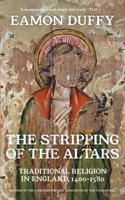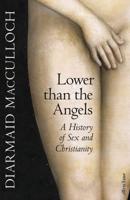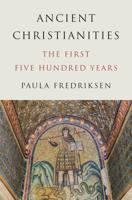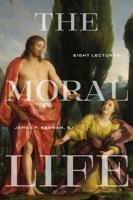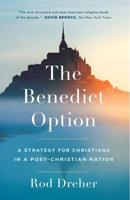Publisher's Synopsis
Philosophy And Theology: Being The First Edinburgh University Gifford Lectures (1890) is a book written by James Hutchison Stirling. The book is a collection of lectures that were delivered by the author at the University of Edinburgh in 1890. The lectures were part of the Gifford Lectures series, which were established in 1888 to promote the study of natural theology. In this book, Stirling explores the relationship between philosophy and theology. He argues that the two disciplines are interconnected and that philosophy is necessary for a proper understanding of theology. Stirling also discusses the role of reason and faith in religious belief and how they can be reconciled. The book is divided into six chapters, each of which tackles a different aspect of the relationship between philosophy and theology. The first chapter examines the history of natural theology and its role in the development of philosophy and theology. The second chapter focuses on the nature of religion and its relationship to philosophy. The third chapter discusses the relationship between reason and faith in religious belief. Stirling argues that reason is necessary for a proper understanding of religious belief, but that faith is also important because it allows us to go beyond what reason can explain. The fourth chapter examines the concept of God and the different ways in which philosophers and theologians have tried to define God. The fifth chapter discusses the nature of the soul and its relationship to God. The final chapter explores the role of morality and ethics in religious belief. Stirling argues that morality is an essential part of religious belief and that it is impossible to separate the two. Overall, Philosophy And Theology: Being The First Edinburgh University Gifford Lectures (1890) is a thought-provoking exploration of the relationship between philosophy and theology. The book is written in a clear and accessible style, making it suitable for both scholars and lay readers.This scarce antiquarian book is a facsimile reprint of the old original and may contain some imperfections such as library marks and notations. Because we believe this work is culturally important, we have made it available as part of our commitment for protecting, preserving, and promoting the world's literature in affordable, high quality, modern editions, that are true to their original work.

